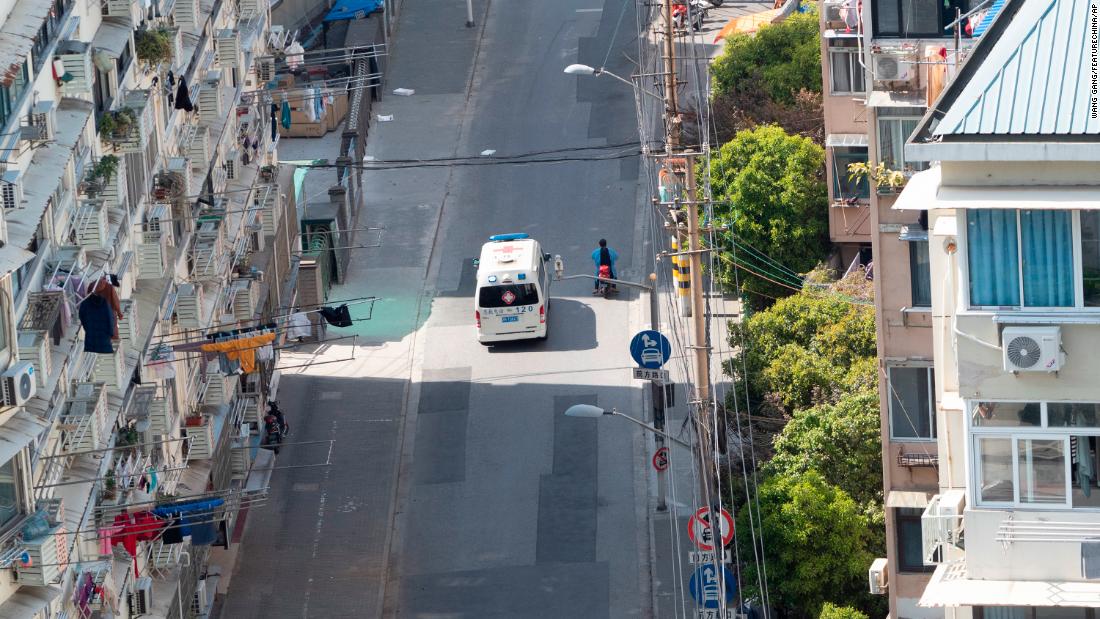3 reasons Shanghai’s lockdown matters to the global economy
With no sign that the Chinese government is prepared to ease restrictions soon, concern is mounting about the economic damage they are causing, and the shock waves an extended lockdown will send around the world.
Shanghai is the epicenter of the current Covid outbreak, but it’s not alone — analysts at Nomura estimate that full or partial lockdowns are in place in 45 Chinese cities, affecting a quarter of the population and about 40% of the economy.
Premier Li Keqiang warned on Monday for a third time in a week of the threat the upsurge in Covid posed to the Chinese economy. Here’s three reasons why the rest of the world should be watching Shanghai closely, too.
Business and finance
Shanghai is also the most attractive destination for international business eying a presence in mainland China.
By the end of 2021, more than 800 multinational corporations had established regional or country headquarters in Shanghai, according to city authorities.
With a total market capitalization of $7.3 trillion, the Shanghai Stock Exchange — established in 1990 — trails only New York and London. Trading continues despite the lockdown, but some banks and investment firms have been asking staff to sleep by their desks to keep the market functioning.
Trade and logistics
Shanghai accounts for 3.8% of China’s GDP. But it has a much higher share — 10.4% — of China’s trade with the rest of the world, according to official statistics for last year.
Shanghai is also a major aviation hub in Asia. The city’s airports — Pudong International Airport and Hongqiao Airport — handled 122 million passengers in 2019, making the city the fourth busiest hub in the world after London, New York, and Tokyo.
Manufacturing and tech
The Greater Shanghai Area, which includes Kunshan and several other eastern cities, is a major manufacturing hub for industries from cars to semiconductors.
“With Shanghai’s significant trade links to East Asia, this could have spillover impacts on regional supply chains,” Citi analysts also said in a research note late last week.
“We think Korea, Taiwan, Vietnam and, to a lesser extent, Japan (on vehicles) look relatively exposed [to the disruptions],” they said.
For all the latest world News Click Here

